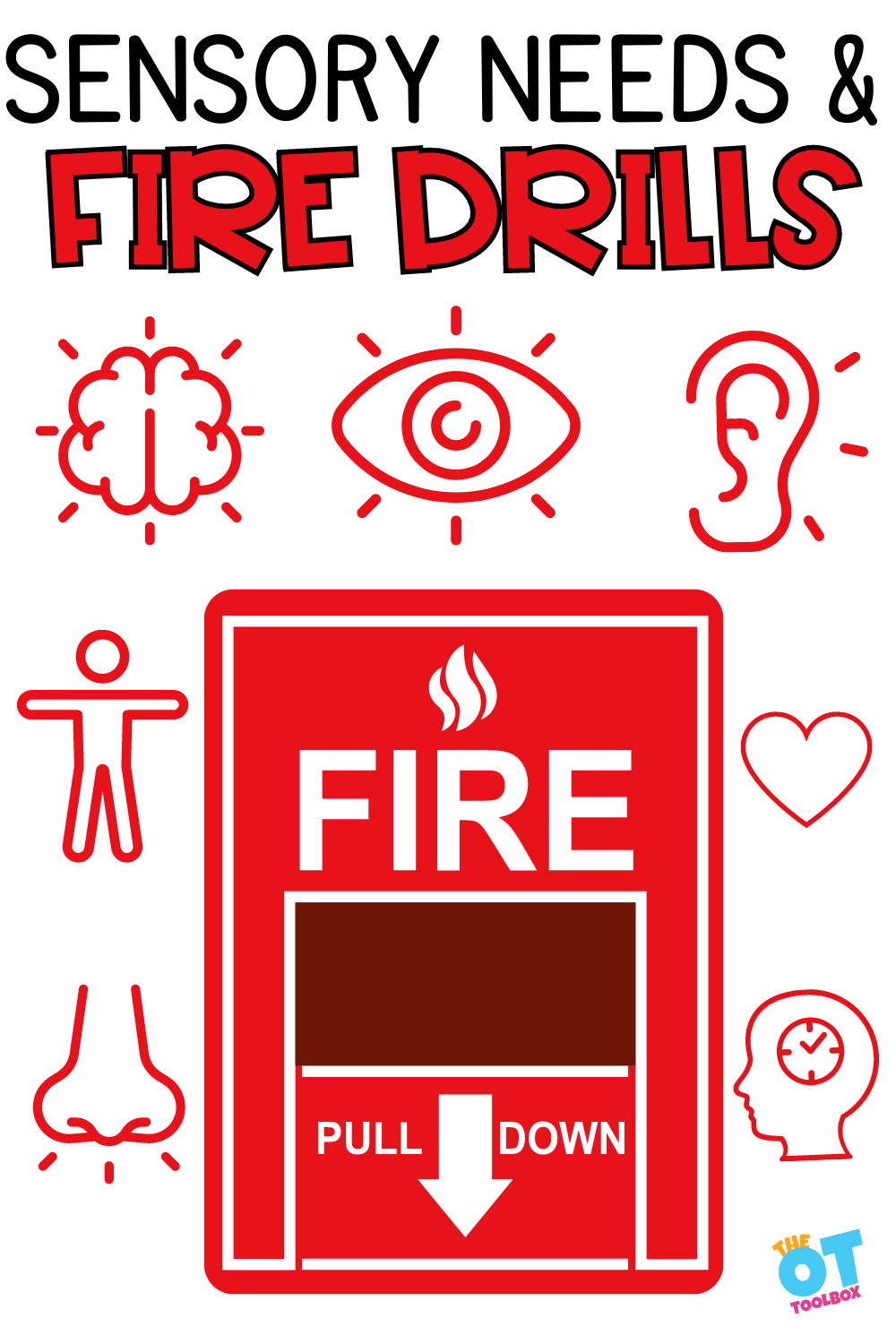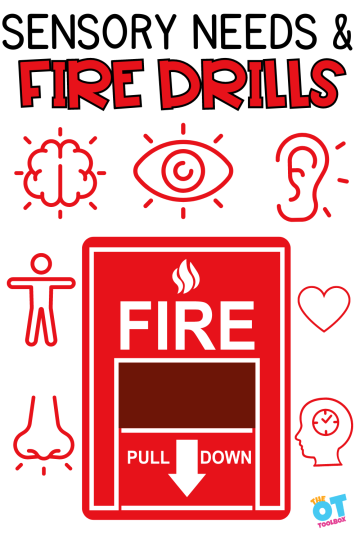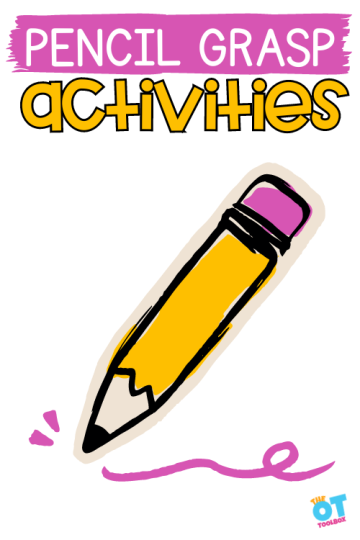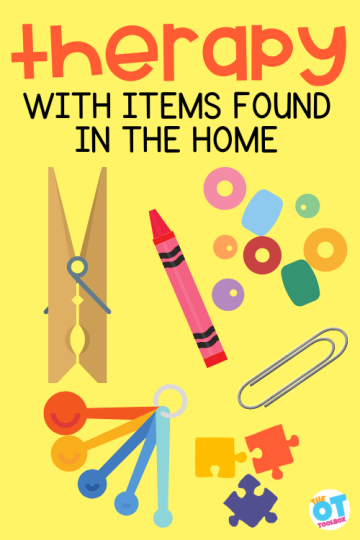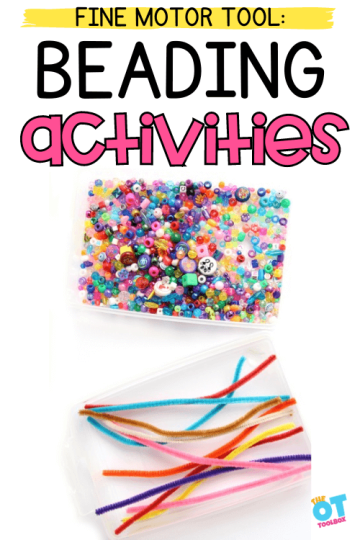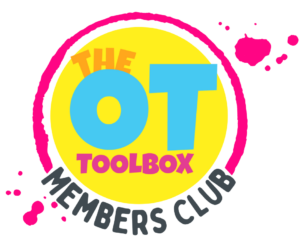Here, we’re covering spring activities for executive functioning skills. Executive functioning has recently become a bit of a buzzword. There’s good reason: parents, teachers, and therapists are more aware of the developmental processes that impacts learning, social emotional skills, functional tasks, safety, and even handwriting. Buzz like a bee, spring into executive functioning, and learn more about this concept and how you can integrate it into your Spring occupational therapy activities!
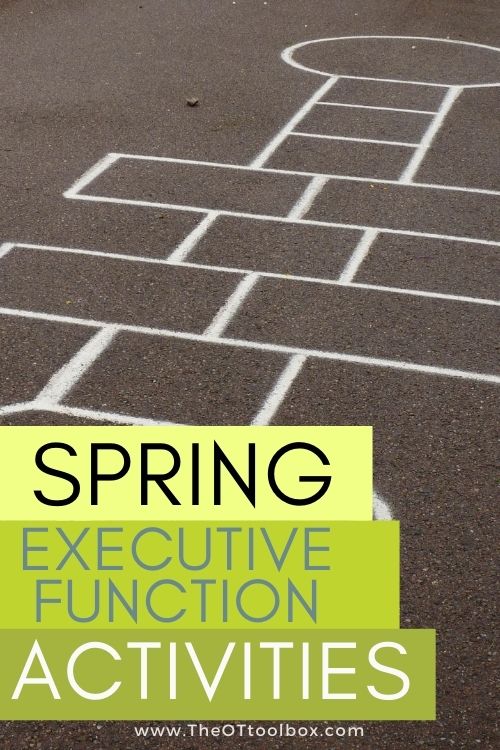
Spring activities for Executive Functioning
Other seasonal occupational therapy activities can be integrated with these sensory ideas. Include aspects of these Spring OT ideas to create a well-rounded lesson plan this time of year:
- Spring Fine Motor Activities
- Spring Gross Motor Activities
- Spring Sensory Activities
- Spring Visual Perception Activities
- Spring Handwriting Activities
- Spring Occupational Therapy Activities
For a more exhaustive set of strategies, activities, and ideas, be sure to grab the Spring Fine Motor Kit (PLUS bonus kit which covers everything you need for Spring Break) that is on sale now for just $10. You’ll be loaded up on all kinds of tools that will last all season long.
Spring is such a great time of the year. Flowers blooming, the smell of freshly fallen rain, and increasingly temperate weather for those of us who live in snowy winter areas! This is an opportunity to enjoy some more play outdoors. The start of Spring also can mean a time to develop new goals in the way of executive functioning.
Play is incredibly important for development, especially in the area of executive functioning. Take the opportunity to encourage more complex play in your dialogue with a child. This article discusses the value of open-ended play for executive functioning development.
Interested in learning more about executive functioning? Check out this list of books about executive function.
For a fun way to get kids involved in creating goals and targeting specific executive functions, grab the Impulse Control Journal, a printable pages to document working memory, prioritization, planning, and other executive functioning skills.
Outdoor Spring Activities for Executive Functioning
Going into the outdoors is an amazing spring-time opportunity for executive functioning growth. Simple games like hide and seek encourage children to utilize working memory (remembering where they already looked when in the role of seeker), prediction (where a challenging hiding spot might be), and self-monitoring and impulse control (not giving away hiding spots).
Spring Nature Walk- A sensory nature walk for the family incorporates all aspects of sensory processing but also offers opportunities for building executive functioning experiences in the ways of attention, focus, impulse control, working memory, planning, prioritization. All of these skills can be addressed through conversation, hands-on play, movement, and experiencing the outdoors.
Outdoor Springtime Play- Other activities like hopscotch also present an opportunity to utilize working memory (try increasing the challenge by requiring that they only jump on the odds!) initiation.
Encourage opportunities for open-ended play, such as pretend play using items found during a scavenger hunt. Speaking of, scavenger hunts are a great way to encourage the use of executive functioning skills outdoors! Working memory, planning and organizing, impulse control, initiation, self and task-monitoring, and so on.
Outdoor play is always encouraged, but it gets a lot easier in spring without the need to bundle up in cold climates! There are so many ways to work on executive functioning skills outdoors, so get outside and play!
Spring Indoor Activities for Executive Functioning
Weather sometimes becomes an obstacle to playing outdoors in spring. However, there are many ways to integrate executive functioning into indoor play on rainy days.
Play Memory– This free Spring memory game is a great way to work on executive functioning skills- task completion, planning, working memory, attention, organization, and more. Just print off the free memory game and go!
Scavenger Hunts- Sure, scavenger hunts can be more challenging outdoors, but try making one indoors! You could even require that all of the items start with a certain letter of the alphabet or be a certain color to make it more difficult!
Board games- Board games are another great way to work on executive functioning skills. Some favorites include Outfoxed, cribbage, Ticket to Ride, and Magic Labyrinth.
Cook Spring recipes- Cooking can be another fun activity for executive functioning skills when stuck indoors! Find a recipe that the whole family can make. Split up the components into age-appropriate “jobs” for everyone.
If cooking sparks the interest of a child or teen, try these Spring flower themed recipes and snacks. You can incorporate the benefits of healthy heating with executive functioning skills in the kitchen.
Spring Cleaning- Spring cleaning, anyone? While kids may not love cleaning, it can certainly be helpful for families and a good life skill to learn! Something like cleaning a bedroom is a great age-appropriate task for many kids: taking the items off of the floor and putting them in their respective locations, staying on task, and deciding what “clean” looks like and when to be done!
Spring Chores- Incorporating chores into the daily to-do list might require a chore list or a screen-time list with required tasks before fun activities are done. Try this free screen-time list to monitory chores as part of daily activities.
Whether outdoors or indoors, spring into executive functioning!
Engaging Ways to Improve Executive Functioning Skills
In a previous post , we talked about the use of strategy games as a method to improve executive functioning (EF) skills. While this is a great tool that children and teens can participate in both in and out of the clinic, there are many other everyday activities to promote EF skill development! Here are some more engaging ways to improve executive functioning skills.
Executive functioning skills are an important client factor contributing to successful participation in daily occupations. EF is currently a buzzword, but it isn’t a new idea. Check out a few ways that you can help children and teens develop their EF skills!
Cooking for Executive Functioning Skill Development
Cooking is a great way to work on executive functioning with a treat at the end! Cooking requires many executive functioning skills. Kids need to use impulse control to complete one step at a time and pace themselves, avoid ingesting raw ingredients or eating all of their hard work, as well as prevent injury with sharp or hot tools. They also need to use working memory to recall what ingredients they need after looking at a recipe, as well as recalling the quantity of that ingredient.
Crafts and Projects for Executive Functioning Skill Development
Crafts and projects are another great way to work on executive functioning skills. Does your client have a special interest in the U.S. Presidents? Have them create a board game related to this interest! They will need to keep track of their materials, manage their time appropriately, and consider the perspectives of others who might play their game!
Executive Functioning and Gross Motor Activities
Gross motor and executive functioning activities can go hand in hand. Almost any activity can be adapted to integrate gross motor play! In a large room, a child could look at a list of items, then race to the other side of the room on their scooter to find an object, just like “I Spy” books and games!
Many kids love to make obstacle courses, allowing for the development of initiation (getting started on building, instead of making grand plans and running out of time to make the course), impulse control (try changing the rules on them halfway through! “No touching red pieces!”), and metacognition (have them evaluate what went well, what did not go as well, and what they would change).
Executive Functioning and Daily Routines
Daily routines are a natural opportunity for the development of executive functioning skills. However, this also goes the other direction, because executive functioning is critical for independence in daily routines. Have clients create visuals to support their attention and sequencing of multiple step routines. If a child takes a significant amount of time to complete their routine, have a race to see who can get ready the fastest!
Try a few of these activity ideas to integrate executive functioning skill development in an enjoyable, approachable way! Most of all, have fun!
More Spring Resources for therapy
Spring Fine Motor Kit
Score Fine Motor Tools and resources and help kids build the skills they need to thrive!
Developing hand strength, dexterity, dexterity, precision skills, and eye-hand coordination skills that kids need for holding and writing with a pencil, coloring, and manipulating small objects in every day task doesn’t need to be difficult. The Spring Fine Motor Kit includes 100 pages of fine motor activities, worksheets, crafts, and more:
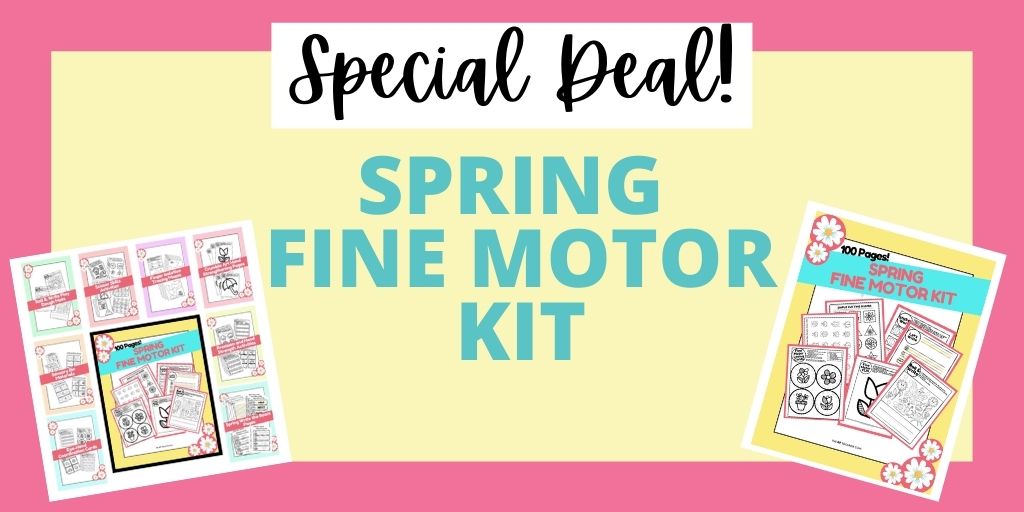
- Lacing cards
- Sensory bin cards
- Hole punch activities
- Pencil control worksheets
- Play dough mats
- Write the Room cards
- Modified paper
- Sticker activities
- MUCH MORE
Click here to add this resource set to your therapy toolbox.
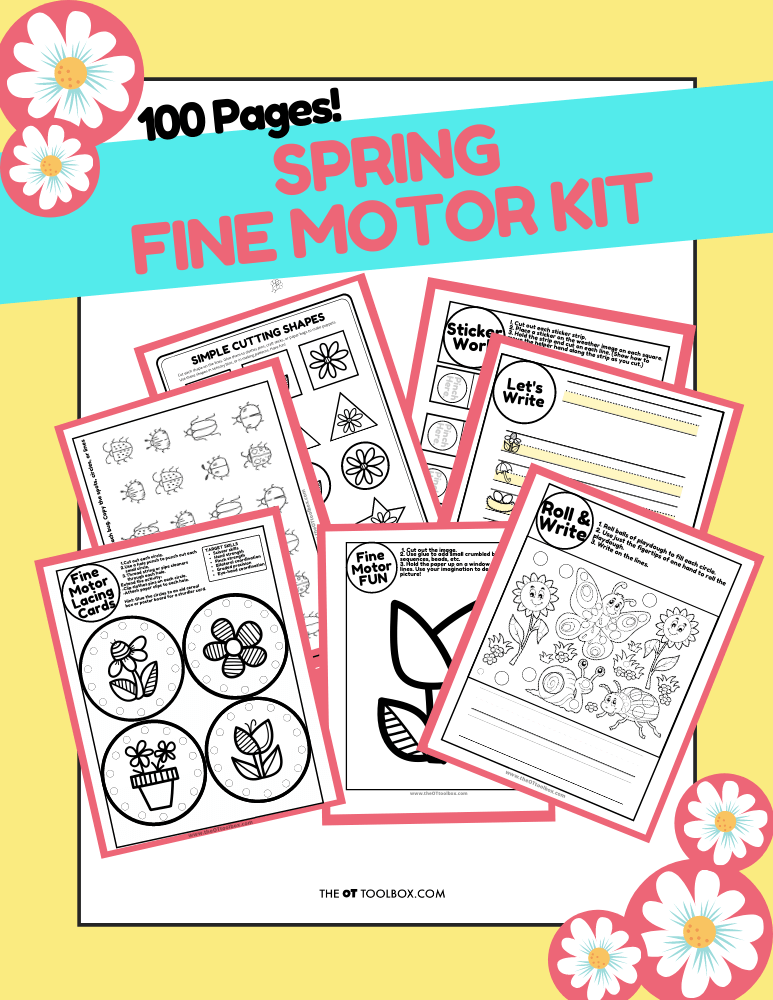
Grab your copy of the Spring Fine Motor Kit and build coordination, strength, and endurance in fun and creative activities. Click here to add this resource set to your therapy toolbox.

Colleen Beck, OTR/L has been an occupational therapist since 2000, working in school-based, hand therapy, outpatient peds, EI, and SNF. Colleen created The OT Toolbox to inspire therapists, teachers, and parents with easy and fun tools to help children thrive. Read her story about going from an OT making $3/hour (after paying for kids’ childcare) to a full-time OT resource creator for millions of readers. Want to collaborate? Send an email to contact@theottoolbox.com.

